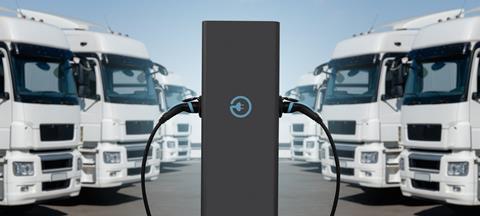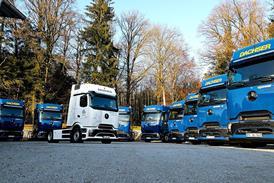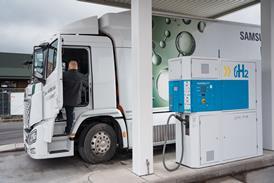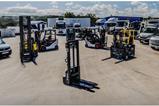Oregon, along with Washington and California, is taking significant steps to create a robust zero-emission truck fueling network along the West Coast. The three states previously mandated that truck manufacturers offer more zero-emission vehicles, now they are uniting to provied the refeulling infrastructure for these vehicles.

A joint application was submitted by the Oregon Department of Transportation, along with California and Washington’s transportation agencies, seeking federal funding from the US Department of Transportation to establish the West Coast truck charging and Fueling Corridor. The ambitious plan involves constructing 34 medium- and heavy-duty electric vehicle charging stations and five hydrogen fueling stations, strategically located along 1,400 miles of Interstate 5 and its connected routes, connecting major freight hubs in San Diego, Los Angeles, San Francisco, Portland, and Seattle.
The exact amount requested in the federal funding application remains undisclosed as it is currently under review. However, the programme being applied to has the potential to give up to $700 million in grants for the year.
Advocates of the West Coast Truck Charging and Fueling Corridor project have highlighted its significance in mitigating heavy-duty vehicle emissions in some of the most polluted areas in the United States. The project aims to benefit communities disproportionately impacted by such emissions, making it a crucial step in improving air quality and public health. In addition to government-led initiatives, private sector entities are also taking part in the effort to create an alternative-fuel charging network. Portland-based Daimler Truck North America, in collaboration with NextEra Energy and BlackRock, is working on the privately funded Greenlane project, encompassing a nationwide network, including the West Coast region.


















